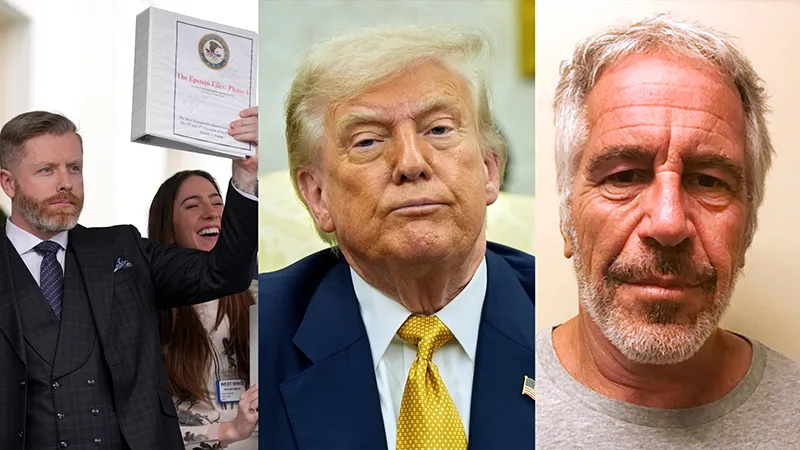One Year After Trump Was Nearly Killed, Secret Service Says 'Suspended' 6 Agents
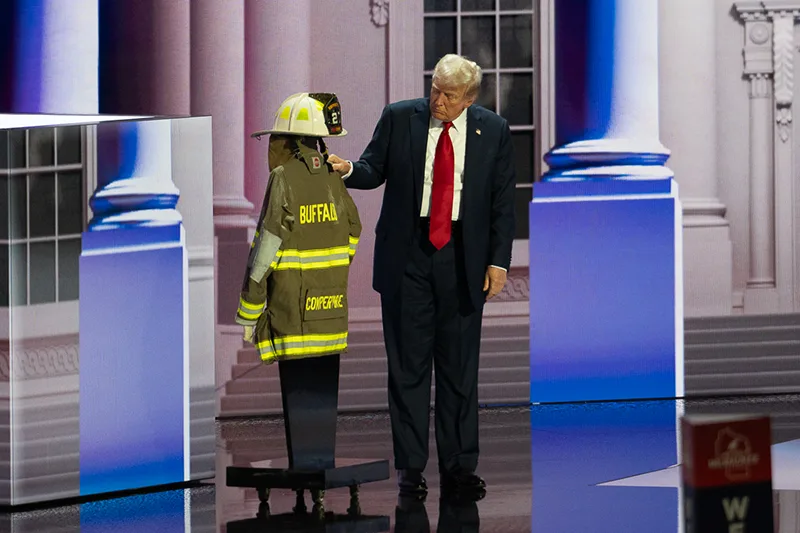
Six U.S. Secret Service agents were suspended over their conduct before and during the July 13, 2024 assassination attempt on Donald Trump at a rally in Butler, Pennsylvania. The attackers left Trump with a bloodied ear and tragically claimed the life of firefighter Corey Comperatore, who was working the event.
During the incident, Secret Service counter-snipers neutralized the 20-year-old shooter, Thomas Matthew Crooks. However, an independent DHS review later revealed critical security failures and deep-seated bureaucratic stalemate. Officials concluded that the Secret Service had “become bureaucratic, complacent, and static” at a time when risks and threats were multiplying.
Former Secret Service director Kim Cheatle resigned 10 days later amid the fallout. Now, as the one-year anniversary approaches, six agents—including supervisory and field-level personnel—have received suspensions ranging from 10 to 42 days, with appeals pending.
The attempted hit in Butler was followed just nine weeks later by another assassination attempt while Trump was golfing in Florida. These events prompted a radical overhaul in his campaign's security protocols and elevation to presidential-level protection during his run.
📰 Randy's Take:
This isn’t just about individual accountability—it’s a warning flash for U.S. security infrastructure. When allegations of risk and assault appear in rapid succession, even elite agencies must be scrutinized. The suspension of six agents isn’t just a disciplinary footnote—it reflects a disturbing systemic breakdown: complacency at a moment when vigilance meant life or death.
If elite forces tasked with Presidential protection can fall short, how secure are the rest of us? These events should force a broader national discussion on how we define, fund, and enforce "elite protection" in an era of escalating threats.
US + World News Headlines
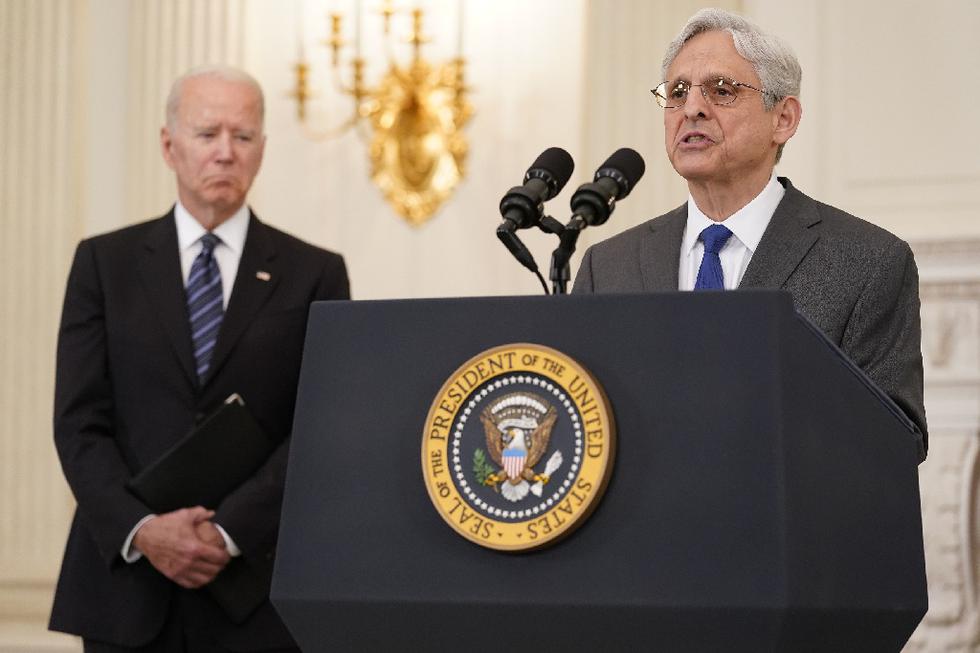
Biden's DOJ Caught Plotting Against Parents Who Spoke Up at School Board Meetings—Parents Labeled "Terrorists"
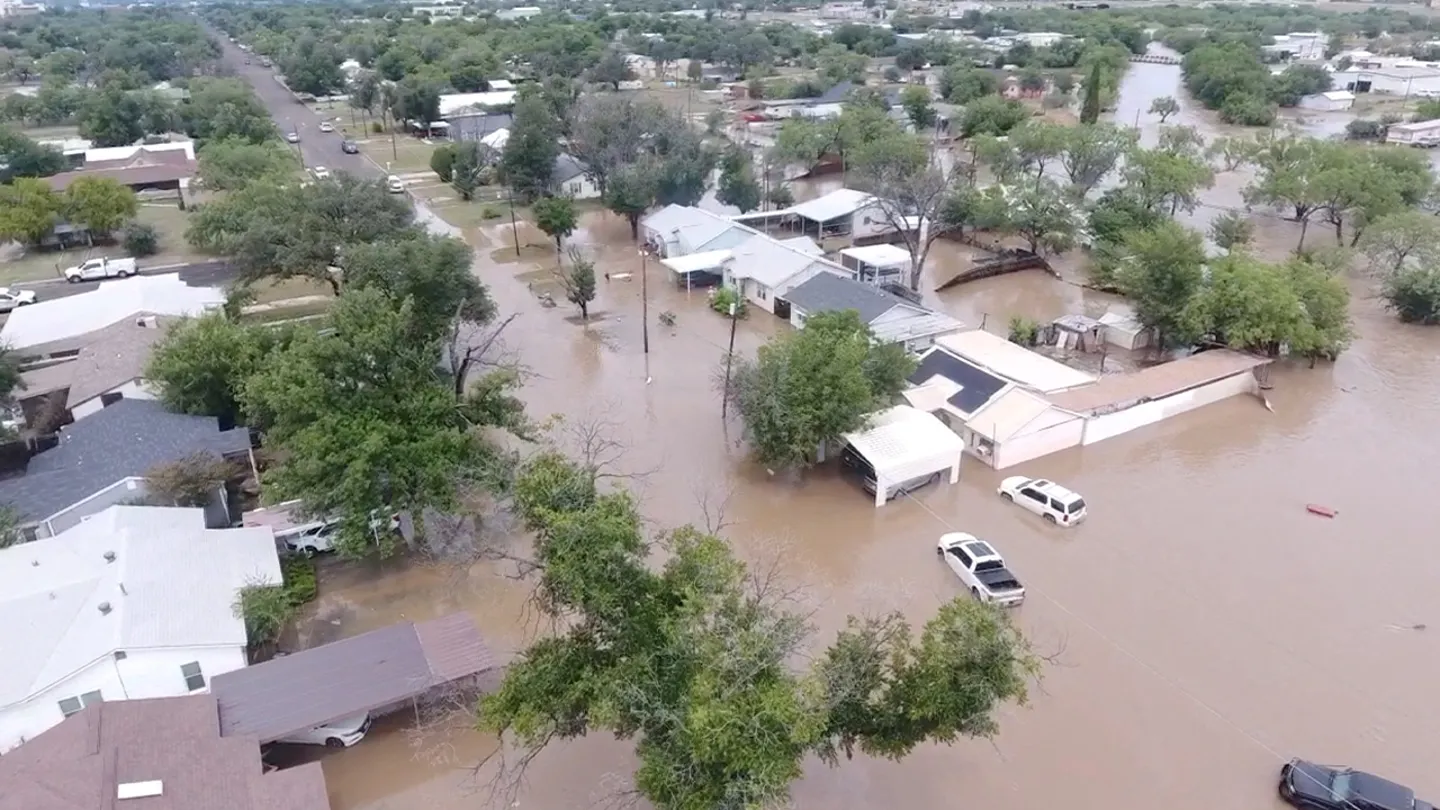
Three Young Campers Confirmed Dead as Death Toll Climbs in Texas Flood Tragedy
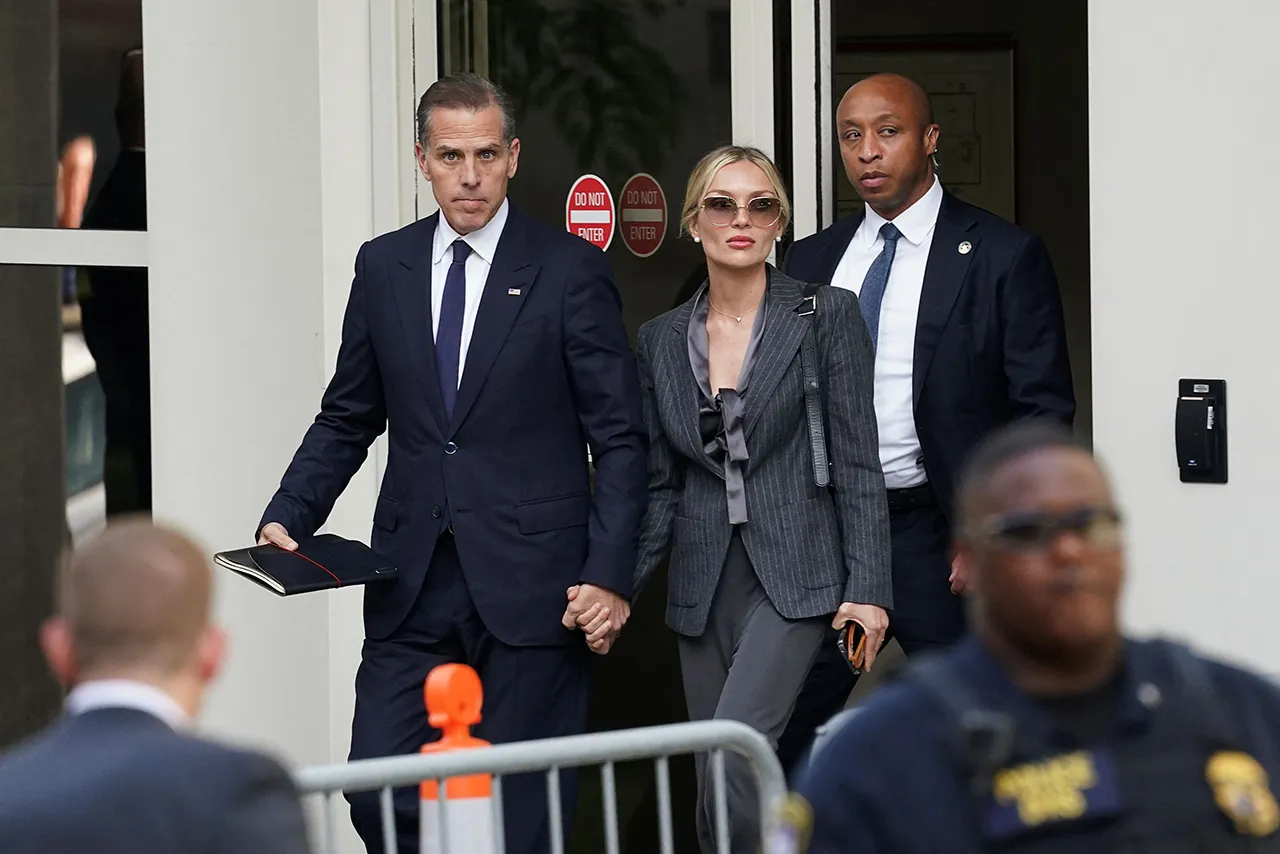
Hunter Biden’s Role in Sensitive White House Strategy Draws Scrutiny
